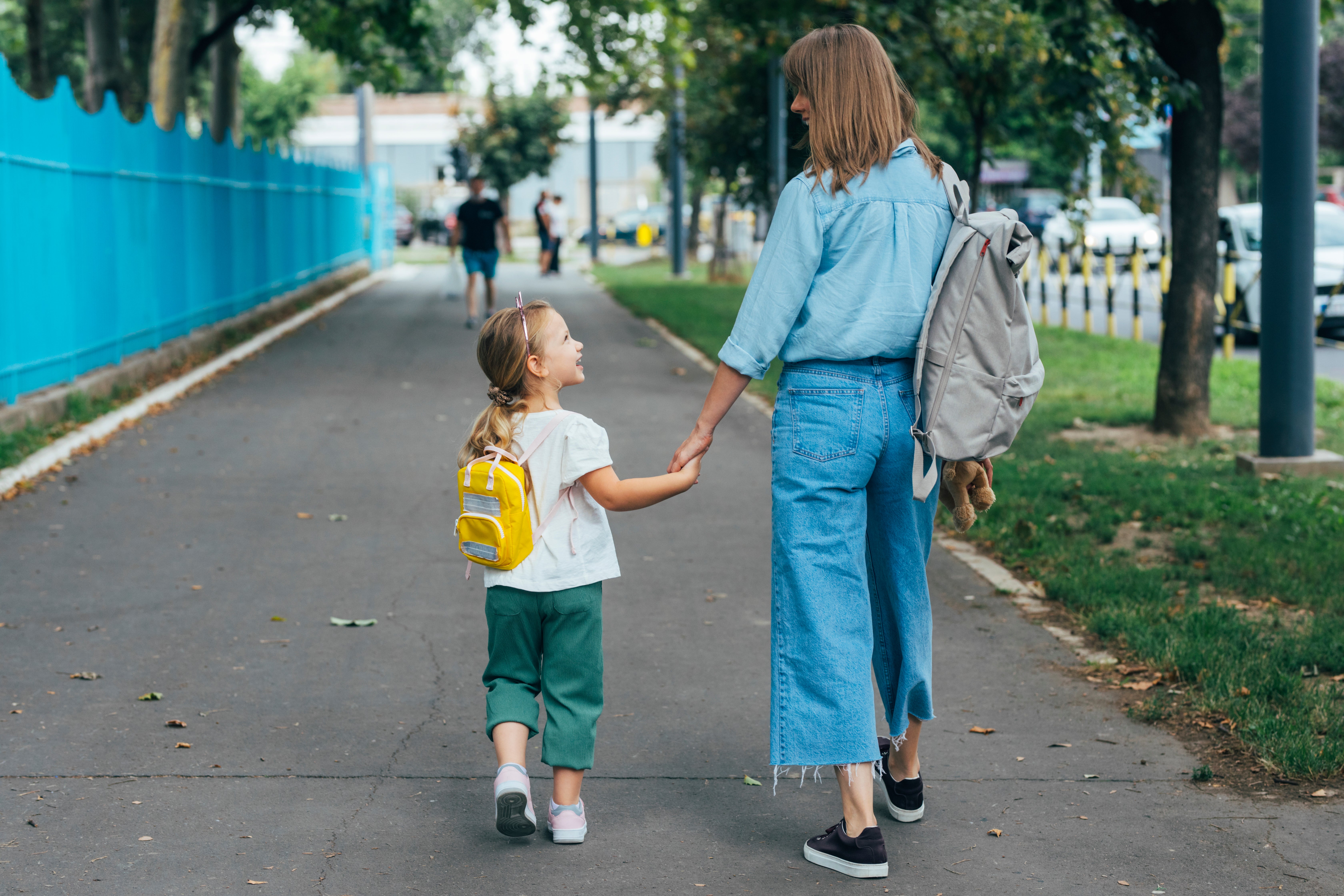‘Tax cuts for mums’ won’t work – who can afford children anyway?
Today’s generations of childbearing age are, compared to their parents, living a sort of ghost life, writes Hannah Fearn


A basic tenet of the sort of British social conservatism that holds the Conservative Party in power is the belief that a person should seek to acquire enough wealth to look after themselves – and that the state shouldn’t do anything to get in the way of that.
For decades, politicians have talked about how families shouldn’t have children that they can’t afford to pay for themselves. In recent years, Conservatives have even used social policy as an attempted “nudge” towards financial independence for large families: an end to universal child benefit for wealthier families – and for the poorer, a punitive two-child limit on household benefit claims.
The British population has absorbed this economically libertarian moralising. They feel in their bones that they shouldn’t bring children into a financially insecure environment; they have heard about the long-term damage wrought upon a child brought up in poverty or instability.
Today’s generations of childbearing age are, compared to their parents, living a sort of ghost life. They are trapped in unaffordable and often poor-quality housing. Their working hours are insecure, their wages low. They are facing the second major recession of their short working lives.
And so they’re doing the right thing: they’re not having children, or having fewer than they might in an economy of plenty. Turns out the Tories really don’t like that.
The latest spark to jump out of the terrifying Conversative policy tinderbox is the suggestion that women who have more children could benefit from tax cuts to help support their families and encourage Britain’s young partners to leap into bed and get breeding. It’s not official government policy – which is just as well, because if adopted it would represent another screeching U-turn on the values that the party has been trying to push for the last decade.
There’s something very nauseating about seeing the same party that has fretted about working-age immigration now claiming the country is not full up at all, but a declining population in desperate need of replenishment. But putting that aside, these anxieties seem to come from a government completely detached from the experience of childhood and of being a parent in this country right now.
Take childcare as a starting point. There is a cross-house acceptance that the current system isn’t working, for parents or for nursery providers. Both are going broke. The government’s answer to that is the exhausting cliche of “cutting red tape”. But the red tape they want to shed is the kind that people actually like: 30 free hours of care for pre-school kids for working parents, and good quality, trained care providers and early years teachers in nurseries and schools. When children have been hit so hard by two years of pandemic-forced isolation, why would any sensible society choose to disinvest in its next generation? And why would it do so against all demonstrable evidence on what helps children flourish?
When I attended the routine nine-month health visitor review with my first child, I was asked in some detail about what baby groups we attended and whether she would start to attend nursery at age one. There’s endless academic evidence that proves the first 1,000 days of a child’s life are absolutely crucial to their lifelong social and academic development, emotional security and eventual success.
To keep up to speed with all the latest opinions and comment sign up to our free weekly Voices Dispatches newsletter by clicking here
It also proves that trained early years childcare provision is beneficial to all children at this age – not just those from underprivileged backgrounds, where the difference is of course more marked. Those first 1,000 days takes us up to age three – the bit at which government policy as it stands steps in to help, and which future government policy intends to strip away.
I currently have two children, one in primary school and one in nursery care under the age at which she qualifies for free hours. My family spends over £850 a month on three days of nursery a week plus two hours of pre- and after-school activities for the eldest. Women who are younger than me and child-free look at this, they look at what we sacrifice to stay afloat, they listen to the rhetoric of politicians who tell them not to have children they can’t afford and who talk of stripping back childcare in access and in quality. Is their decision not to have children a selfish, hedonistic one? Hardly; they’re doing what they have been told is the responsible thing.
So while all this harping on about population decline in an age of anti-immigration prompts a degree of side-eye scepticism from me, I’d be happy to encourage Liz Truss to do something about it. What she’d need to do is this: make housing security a political priority (oh, whoops, the Renters’ Reform Bill is about to be axed) and make good quality childcare accessible to all. When she doesn’t, she can be sure her opposition will make an election virtue of these issues.






Join our commenting forum
Join thought-provoking conversations, follow other Independent readers and see their replies
Comments